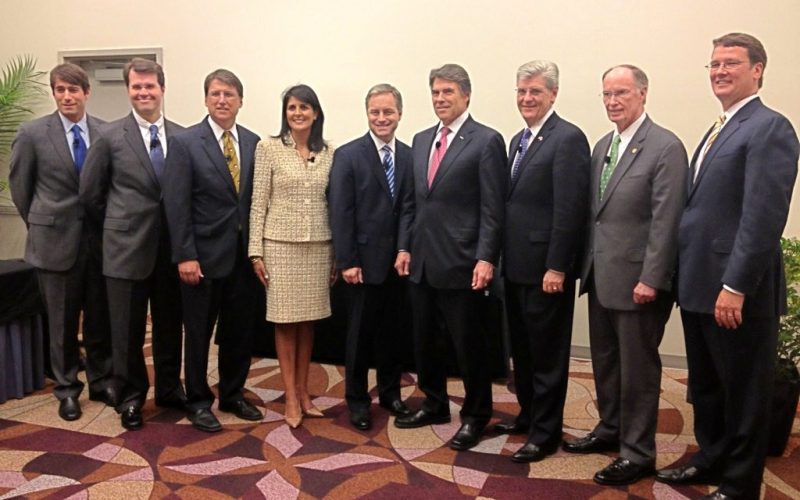THE VOICE FOR THE ENERGY CONSUMER
In an op-ed that ran in the Houston Chronicle’s Fuel Fix on Monday, CEA President David Holt wrote about the nation’s energy resurgence and the need for math, science, and.
In a press release issued on Wednesday, CEA applauded the State of Alaska’s announcement that it would split the cost of assessing the resource potential of the Arctic National Wildlife.
In an E&E TV “OnPoint” interview that aired on Monday, CEA President David Holt discussed the interest governors have in learning more about energy resources in federal waters adjacent to.
CEA-Alaska last week issued a Call To Action urging entities and individuals to go on record supporting a competitive Alaska by opposing the repeal of Senate Bill 21 and rejecting.
Consumer Energy Alliance President, David Holt, sits down and answers consumer questions. Jerry P. from Oklahoma asked, “Why do gas prices go up every year right before before the holidays?.
Oil Shockwaves From U.S. Shale Boom Seen by IEA Ousting OPEC: Bloomberg News on Tuesday reportedon a new International Energy Agency (IEA) assessment that concludes the U.S. shale boom will.
Washington Must Find a Way to Say ‘Yes’ to Offshore Exploration by Michael Whatley,Consumer Energy Alliance 5/15/2013 For supporters of expanded offshore energy production, the Offshore Technology Conference presents a.
Houston, TX – Consumer Energy Alliance Executive VP Michael Whatley reacted with skepticism to reports B-List Hollywood celebrities were pleading with the president to reject a pipeline touted as the.

Energy policies must support innovation By David Holt May 6, 2013 Updated: May 7, 2013 at 1:59 p.m. In the United States, economic growth and opportunity have always been grounded.
Energy group warns EPA may use ‘sue-and-settle’ to cap emissions (Washington Examiner) “While EPA claims to have no intention of imposing an LCFS at this time, there is still reason.